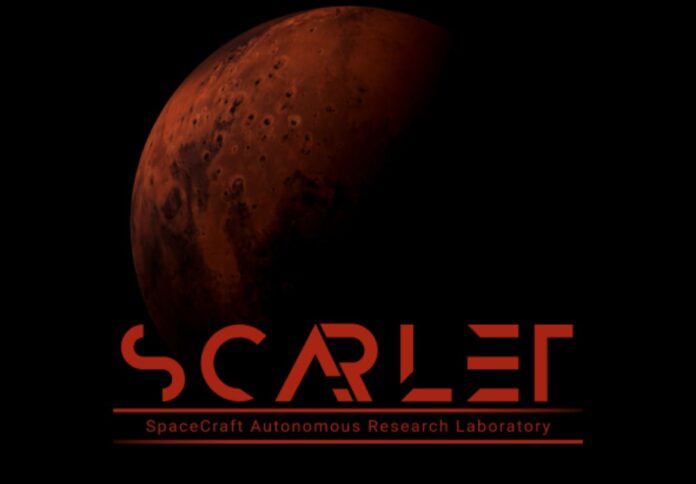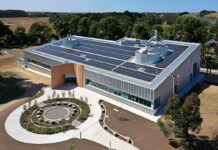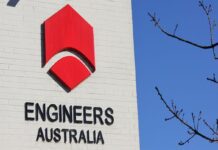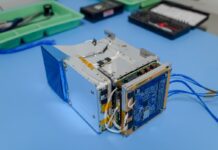
The Institute for Intelligent Systems Research and Innovation at Deakin University is among the eight organisations that will work together on SmartSat Cooperative Research Centre’s Spacecraft Autonomy and Onboard AI for Next Generation Space Systems (SCARLET-a) project.
In a media release, Deakin University said IISRI will lead the research work dedicated to Onboard Processing and Actionable Intelligence.
Professor Douglas Creighton, director of IISRI, said the institute’s team will engage in comprehensive research, development, and implementation of cutting-edge technologies, specifically tailored to onboard processing requirements.
The project, which recently received a $7 million grant as part of the federal government’s CRC program, seeks to create a set of autonomous algorithms that will enable small and distributed spacecraft to make decisions independently and optimise the use of available resources to adapt to conditions without intervention from operators on Earth.
“Our focus will revolve around tasks pertaining to edge processing and autonomy, ensuring that we remain at the forefront of technological advancements in this field,” Creighton said.
SmartSat CEO Professor Andy Koronios said onboard processing has always been limited to data collection, but researchers hope the algorithms they develop will allow spacecraft to perform many tasks with less intervention from human operators.
“As autonomous technologies advance and are embraced, their place in space will expand and present new opportunities for applications here on Earth,” Prof. Koronios says.
“The next generation of satellite communications and earth observation will be achieved using integrated systems of satellite constellations operating autonomously and performing multiple tasks in real-time.
For the SCARLET-a project’s development, IISRI joins the likes of Airbus, Asension, Defence Science and Technology Group, Leonardo Australia, Saab Australia, Swinburne University of Technology, and the University of South Australia.
“With next-generation space systems on the horizon, the possibilities for science, discovery and innovation are endless. SmartSat is well placed to progress Australia’s spacecraft autonomy capabilities to help our nation remain innovative and at the forefront of technology,” Prof. Koronios said.




















